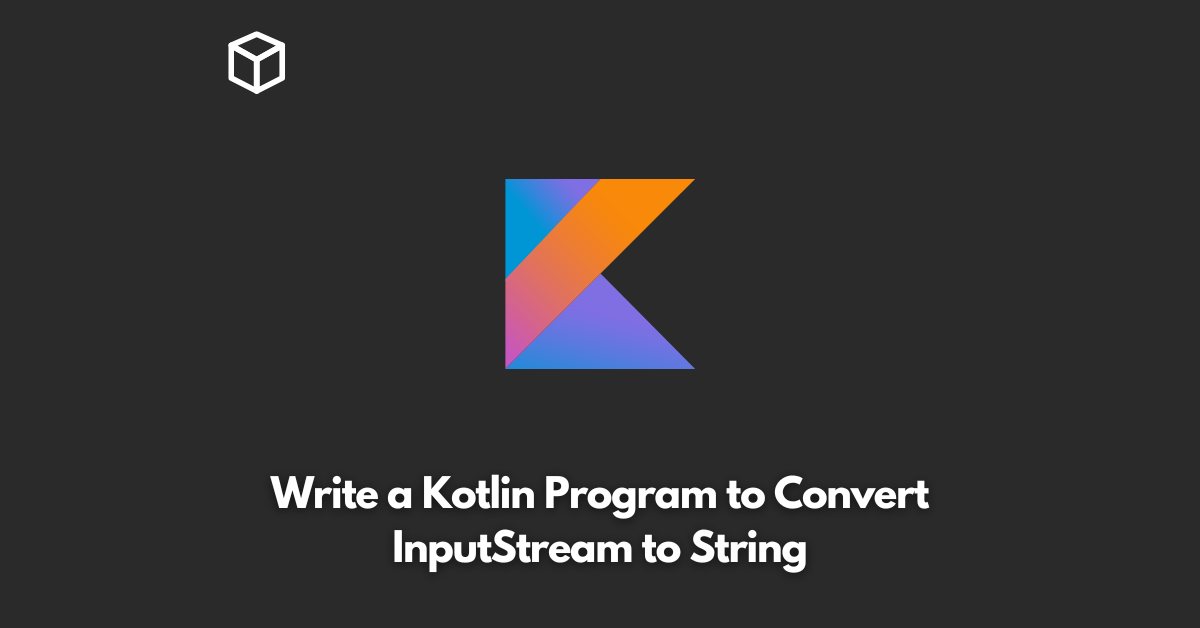Converting an InputStream to a String is a common task in many Kotlin programs.
Fortunately, it is a straightforward process that can be accomplished with just a few lines of code.
In this tutorial, we’ll walk through the steps to convert an InputStream to a String in Kotlin.
Step 1: Read the InputStream
The first step is to read the contents of the InputStream into a buffer. This can be done using the readBytes() method of the InputStream class.
The readBytes() method reads all the bytes from the InputStream and returns them as a ByteArray.
val inputStream: InputStream = // get the input stream val buffer = inputStream.readBytes()
Step 2: Convert the ByteArray to a String
Once the contents of the InputStream have been read into a buffer, the next step is to convert the ByteArray to a String.
This can be done using the String constructor, which takes a ByteArray as its argument.
val inputStream: InputStream = // get the input stream val buffer = inputStream.readBytes() val result = String(buffer)
Step 3: Handle Encoding
It is important to note that the String constructor assumes that the bytes in the buffer are encoded using the default character encoding of the system.
If the InputStream is using a different character encoding, the resulting String may not be correctly decoded.
To ensure that the String is correctly decoded, the String constructor can be passed an optional second argument that specifies the character encoding of the bytes in the buffer.
val inputStream: InputStream = // get the input stream val buffer = inputStream.readBytes() val result = String(buffer, Charsets.UTF_8)
Conclusion
Converting an InputStream to a String in Kotlin is a simple process that can be accomplished with just a few lines of code.
By following the steps outlined in this tutorial, you can easily convert the contents of an InputStream to a String in your Kotlin programs.




